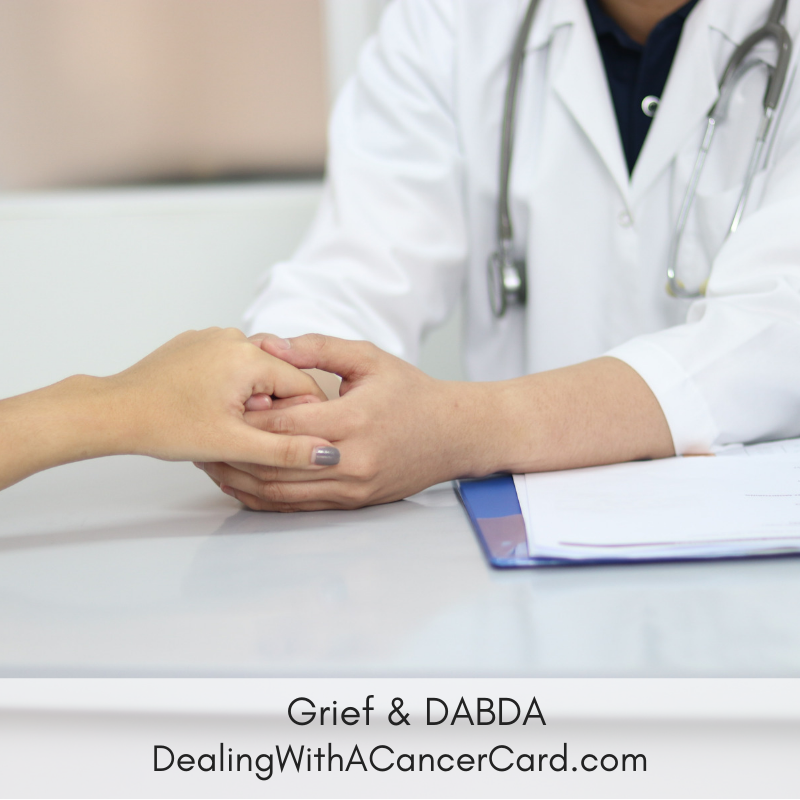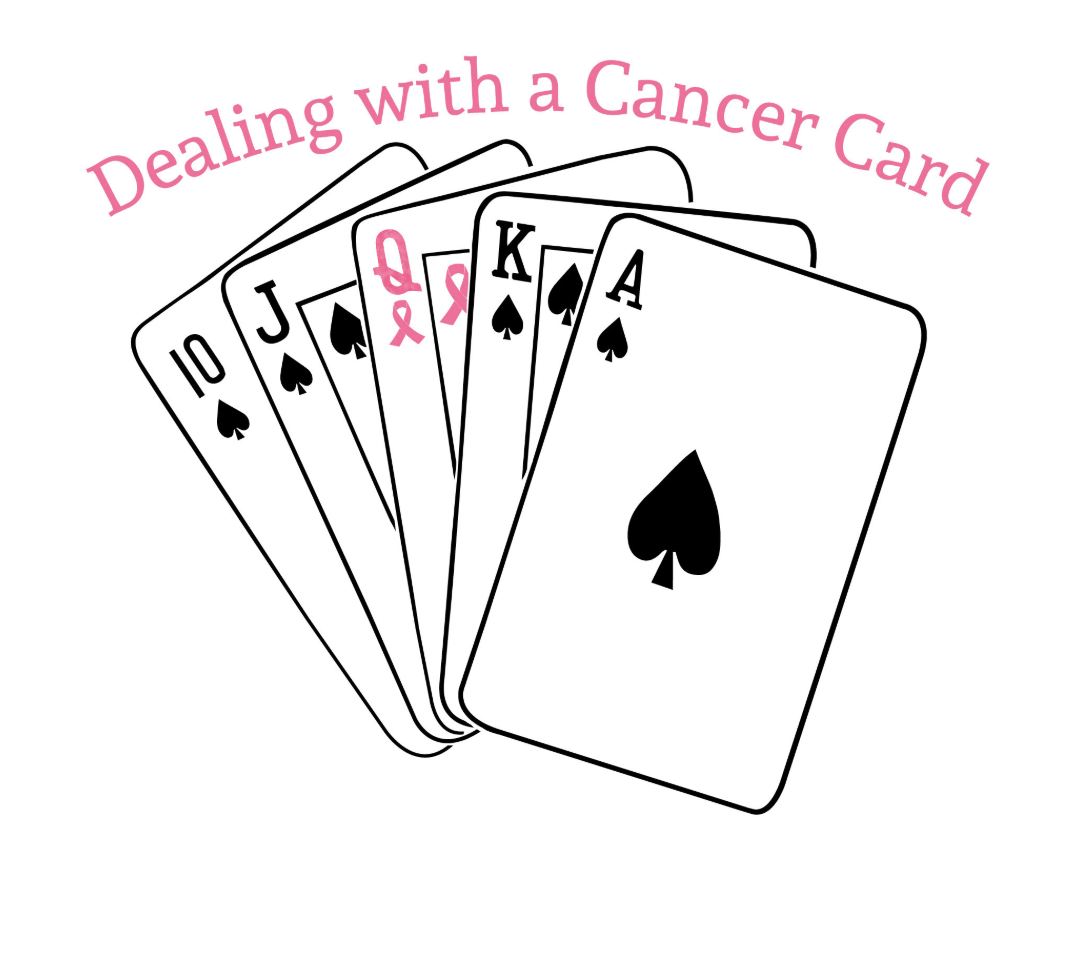Elisabeth Kubler-Ross introduced the five stages of grief in her 1969 work On Death and Dying. In school, I memorized the stages at DABDA – Denial, Anger, Bargaining, Depression, and Acceptance. While these are five stages, they do not necessarily happen in linear form.
When the nurse called to tell me the biopsies tested positive for cancer, I remember asking her “Both of them?” The next question I remember asking was, “What’s the plan of attack?”
I don’t particularly recall Denying the test results, because if the pathology reports say I have cancer, then I have cancer. I wasn’t particularly Angry, because the test results explained and validated the lump I’d felt in my right breast.
When my husband and I met with the surgeon and the nurse the next day, my brain was already in Denial and Bargaining. Let’s skip the Anger, because who has time to be mad? The only thing I was mad about was why didn’t I find this earlier?
I didn’t doubt that I had cancer, but the seriousness of the situation had only been a reality for less than 24 hours when the doctor entered the room. The doctor showed me the images, pointing out the two areas of concern. I’m not really sure what I was looking at except a right breast, but if the doctors said it was cancer, then it was cancer. It was so easy to look at the images and read the findings of the pathology report. That’s what I’ve done a number of times at work with medical reports for various patients. The distance continued between myself and the patient, until I looked at the name and date of birth to confirm that I was reading the report for the correct patient. Oh wait, that’s MY name and date of birth. I’m the patient!
The surgeon laid out a recommended course of action that included meeting with a plastic surgeon regarding reconstruction, having surgery, receiving radiation if necessary, then getting chemo. As he provided a timeline of events, I vaulted straight to Bargaining. Just a few weeks ago, I was asked to speak at my alma mater on behalf of the alumni at a building dedication in mid-October. The event was six weeks out and six hours away.
When the doctor asked if I had any questions, one of the first questions I asked was, “If I have surgery and a friend drove the six hours, would I be able to attend?”
If my husband audibly groaned when I asked the doctor if I did have surgery and a friend drove, could I still attend, then I didn’t hear it. Of course, my health was important, but this building was really important to me. My very first day as a university student revolved around not being able to find the old building. The doctor humored me by saying it was a possibility. He probably said more, but that’s what I wanted to hear, which is why it is really important to take someone with you or to record (with permission) the appointment.
Depression and Acceptance can wait…I have an event six weeks away to attend.




